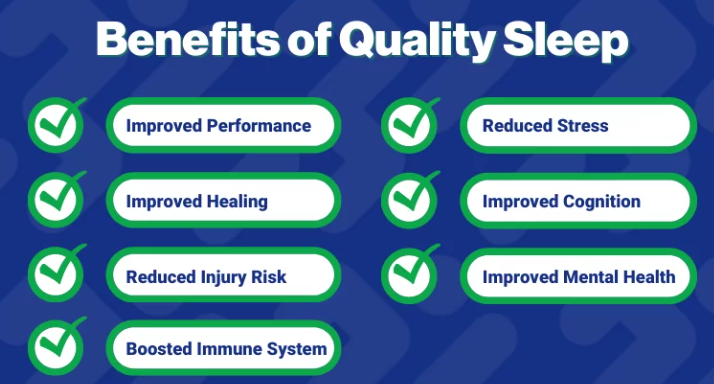Even though our immune systems work better in the cold, you should still bundle up when going outside into the frosty air.
There are a lot of cold myths circulating in our culture right now, but don’t let them get the best of you! Some facts to know straight off the bat are: frigid weather doesn’t cause a person to be sick, vitamin C does not prevent colds, allergies are alive and present in the winter, and you can still suffer damage from the Sun!
Many people believe frigid temperatures cause colds, but in fact, the opposite is true. Infection-fighting cells work better at lower temperatures! Also, it’s harder for viruses to grow in colder weather. People tend to get sick in the winter for a number of reasons, but the main one is their tendency to be indoors. Staying inside means being around more people, which in turn means higher exposure to viruses.
If you do get sick, don’t run out to the grocery store for a pack of vitamin C supplements; while this nutrient is important for immune system function, experts say there’s no real proof that it heals colds. In fact, your itchy nose and throat may not be due to a cold at all, but rather allergies. One in four people suffer from allergies, and staying inside can expose people to all sorts of household chemicals. It doesn’t help that people keep their pets inside and their windows closed, either.
The only thing staying at home seems to protect you from is the Sun. The Earth’s surface is actually closer to the star during winter months, so people are exposed to more harmful rays. What’s worse, is that snow and ice reflect sunlight back up and cause it to hit the skin multiple times.
Now that we’ve debunked some old wives’ tales, enjoy your winter season with greater awareness!











